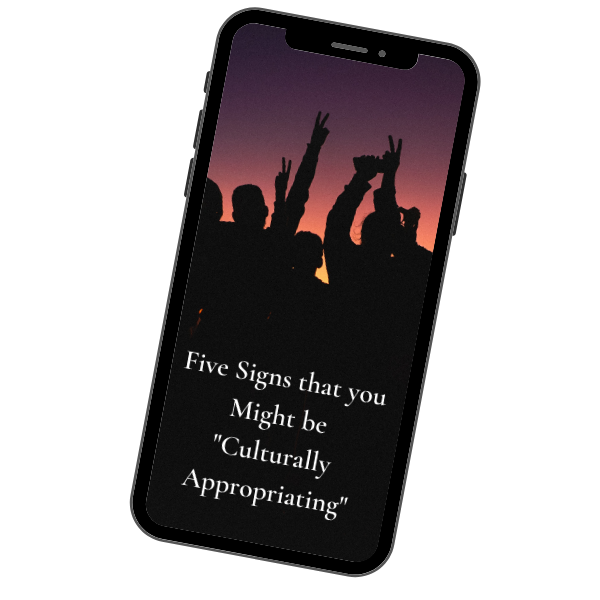
Is Culture Really “Free”?
Some people say that culture cannot belong to anyone. But others argue that not protecting cultural identities can be harmful to the members of the affected groups. The “free culture” stance, is based on the idea of the common heritage of mankind and says that traditional cultural works should be available to all. This would be part of the public domain, which mean it is available for every. But this argument is too often used to silence indigenous and local communities when they attempt to prevent the commercial misuse of their identities. But, it is not quite accurate to describe culture or cultural products as “free,” or say that culture cannot be “owned,” or that law does not regulate identity.
Culture can mean many different things, but culture and cultural products include creative works, like stories and songs, but also food, fashion, and other items that are part of the cultural heritage of an identifiable group. Creating and maintaining culture, even as it evolves, is not “free” because it takes effort not only to develop cultural goods and cultural identities, but also to maintain them. Even leaving the labor argument aside, consider this: if you do not commercialize your identity, whether it is an individual or collective identity, does it mean that I can or should? That may be an ethical question, but there are also legal issues that arise with respect to cultural appropriation.





